99 bottles of beer down the drain: Upstate brewers fight to stay solvent
May 7, 2020 | By Genna Contino, The Greenville News
On Monday, March 16, two days before Gov. Henry McMaster closed restaurant dining in South Carolina, Kathy Horner knew she had to take action.
The co-owner of Liability Brewing Co. in Greenville had been keeping up with the coronavirus news in the United States. Ninety percent of Liability’s sales come from the taproom and only 10% come from distribution. Horner knew selling beer in a bustling taproom wasn’t the best idea in the midst of a pandemic, so, Liability switched to to-go only sales.
Like Liability, the rest of the craft beer industry has also had to adapt following Gov. McMaster’s stay-at-home order — and most are choosing to keep their outside dining areas closed until they feel it’s safe to reopen.
Changing a business model in a day
“The biggest challenge was pivoting our business model to survive,” Horner said.
Liability immediately started putting kegged beer into cans and popped up an online store within a day. The brewery is offering growler fills and is letting customers bring in Nalgene-style 32 oz. water bottles with wider mouths that fit into Liability’s glass dishwasher.
The craft beer industry already relied heavily on social media to reach their customers, but now, in a world that’s more virtual than ever, each Upstate brewery has taken to social media to keep customers up-to-date on their changed hours and growler and crowler fill requirements.
Devin Cox, owner of Greenville Beer Exchange, said the business model at his bottle shop on Laurens Street hasn’t changed much, but that he relies on social media even more now. Recently, Cox got cell phones for both of his locations to ease those with “phone call anxiety” and allow people to text their order or ask what their hours are.
He said volume has stayed about the same at the bottle shop and he’s seen an uptick in retail purchases. Not many people could fit in the shop anyways, so he just set up a table outside and let people come in one or two at a time to pick out beer.
But for Cox’s Gather GVL location in the West End, he’s reminiscing on better days. When Gather GVL opened in February, it was filled with not-so-socially-distanced customers enjoying pints of beer from Greenville Beer Exchange and donuts from HenDough.
Cox jokingly refers to Greenville Beer Exchange in Gather GVL as his “Chick-fil-A express window location.” Only tap pours are sold there, no bottles, so when Gather GVL was forced to switch to to-go only sales, Greenville Beer Exchange had to change how it sells beer, too.
Cox now fills crowlers, or 32 oz. craft beer cans, to-go for customers and (very clean) milk jugs and makeshift growlers that people bring in. He said he’s the type of person to do whatever he needs to do to make it through this.
“If I have to start selling grilled cheeses out there on a George Foreman Grill, I will,” Cox said.
99 bottles of beer down the drain
Many Upstate brewers brewed extra beer for the spring — typically their busiest season filled with nice weather and March Madness. Now, they’re trying to can the beer and sell it to-go or curbside before it goes bad.
But sometimes, there’s only so much you can do. Liability had two batches that co-owner Kathy Horner said had aged and she didn’t feel were of their quality standard. More than 130 gallons of that beer went down the drain this week. Liability’s sales are down 70% from last April, Horner said.
“Why can’t we sell it? Restaurants and bars aren’t buying draft beer. We could fill every growler in Greenville two and three times over and we’d still have beer to spare. And it’s illegal for us to sell kegs directly to consumers,” a Liability Instagram post reads.
Birds Fly South owner Lindsay Johnson also said they’re trying to sell as much beer as possible right now, but will still have to dump some beer this week.
Breweries must reach out to ReWa, or Renewable Water Resources, a wastewater treatment plant in Greenville, before dumping expired beer to ensure it won’t have a negative effect on ReWa’s operations.
ReWa pretreatment supervisor Lance Johnson said the plant has reached out to all 26 breweries in the Upstate and most are not planning on dumping beer. Johnson said any releases need to be approved by ReWa and that he’s working on creating a log to track releases of expired beer.
Some breweries like Fireforge Crafted Beer, The Eighth State Brewing Company and Tetrad Brewing Co. make smaller batches and haven’t had to pour any out. Eighth State bottled a new imperial stout beer Tuesday and it sold out one minute after it was released on the online store.
‘Proud to be part of this industry’
Big or small, each brewery relies on each other. They support each other on social media, they buy each other’s beer. Each relies on a local, loyal following to stay afloat in good times and bad.
Fireforge co-owner Nicole Cendrowski said the only thing keeping her from hand delivering beer to her customers is the law.
“Working together and helping each other out makes me proud to be part of this industry,” Cendrowski said.
Find the article at The Greenville News
